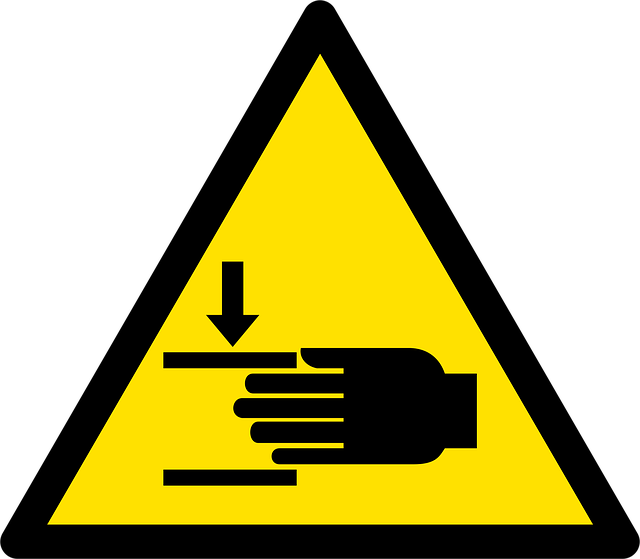Product defect injuries have severe physical and psychological consequences, including trauma, disabilities, and even fatalities. Beyond initial harm, victims may experience anxiety, depression, and emotional distress due to chronic pain, prolonged rehabilitation, and increased stress. Legal professionals specializing in product liability are crucial for navigating personal injury claims, ensuring holistic compensation for both physical and mental suffering. Individuals affected by product defects can file claims against manufacturers and sellers, demonstrating a defective product, resulting injury, and the duty to ensure consumer safety. Complex cases may require the expertise of an auto accident lawyer.
Product defects can cause more than physical harm; they can profoundly impact an individual’s psychological well-being. This article explores the complex issue of product defect injuries that extend beyond visible wounds, delving into their psychological effects and long-term consequences. We examine how faulty products can lead to anxiety, depression, and post-traumatic stress, and discuss the legal framework surrounding such cases, highlighting the importance of seeking compensation for both physical and mental trauma resulting from product defects.
- Understanding Product Defect Injuries
- Psychological Impact and Long-Term Effects
- Legal Considerations and Compensation
Understanding Product Defect Injuries

Product defect injuries can have profound effects on individuals, extending beyond physical harm to include significant psychological trauma. These injuries occur when a product, designed and manufactured with defects, fails to meet its intended safety standards, leading to unforeseen accidents. Such incidents can range from minor bumps and bruises to severe disabilities or even fatalities. The impact, however, often extends deeper, affecting mental health and overall well-being.
Understanding the nature of these injuries is crucial for both victims seeking justice through personal injury claims and legal professionals navigating complex cases. In instances where medical malpractice intersects with product defects, ensuring client recovery becomes an intricate process. It involves not just treating physical wounds but also addressing the psychological scars left by such incidents. This holistic approach to healing acknowledges that the road to recovery is as much mental as it is physical.
Psychological Impact and Long-Term Effects

The psychological impact of a product defect injury can be profound and long-lasting. Beyond the initial shock and trauma, victims may experience severe emotional distress, anxiety, and depression as they grapple with the physical consequences and limitations imposed by their injuries. These mental health issues can significantly impair daily functioning, making it challenging to return to work, engage in social activities, or even perform routine tasks without discomfort or fear.
The long-term effects of a product defect injury extend beyond immediate medical treatment. Victims often face a protracted period of rehabilitation and recovery, which can be emotionally taxing. Persistent pain, chronic conditions, and the need for ongoing care can lead to increased stress, frustration, and feelings of helplessness. Moreover, these experiences may heighten the risk of developing post-traumatic stress disorder (PTSD), exacerbating the psychological toll and requiring specialized therapy and support. Understanding the profound psychological dimensions of product defect injuries is crucial in navigating personal injury claims and ensuring that victims receive holistic compensation for their physical and mental suffering.
Legal Considerations and Compensation

When a product defect results in physical or psychological harm, legal considerations come into play. Victims may pursue product defect injury claims against manufacturers or sellers for negligence or breach of warranty. The key to success often lies in proving that the product was defective, the defect caused an injury, and the manufacturer or seller had a duty to ensure consumer safety.
In navigating personal injury claims, victims should consult with experienced legal professionals who specialize in product liability cases. These attorneys can help them understand their rights, gather evidence, and seek appropriate compensation for both physical and psychological damages. In complex commercial disputes involving defective products, an auto accident lawyer may be necessary to advocate for the victim’s interests, especially when dealing with large corporations or intricate legal matters.
Product defect injuries can have profound psychological impacts that extend far beyond physical harm. Understanding these effects and their long-term implications is crucial for both consumers and manufacturers. Legal considerations play a vital role in ensuring accountability and providing compensation for such injuries. By recognizing the psychological dimensions of product defect cases, individuals can navigate the legal landscape more effectively, seeking justice and support for the emotional turmoil caused by defective products.






